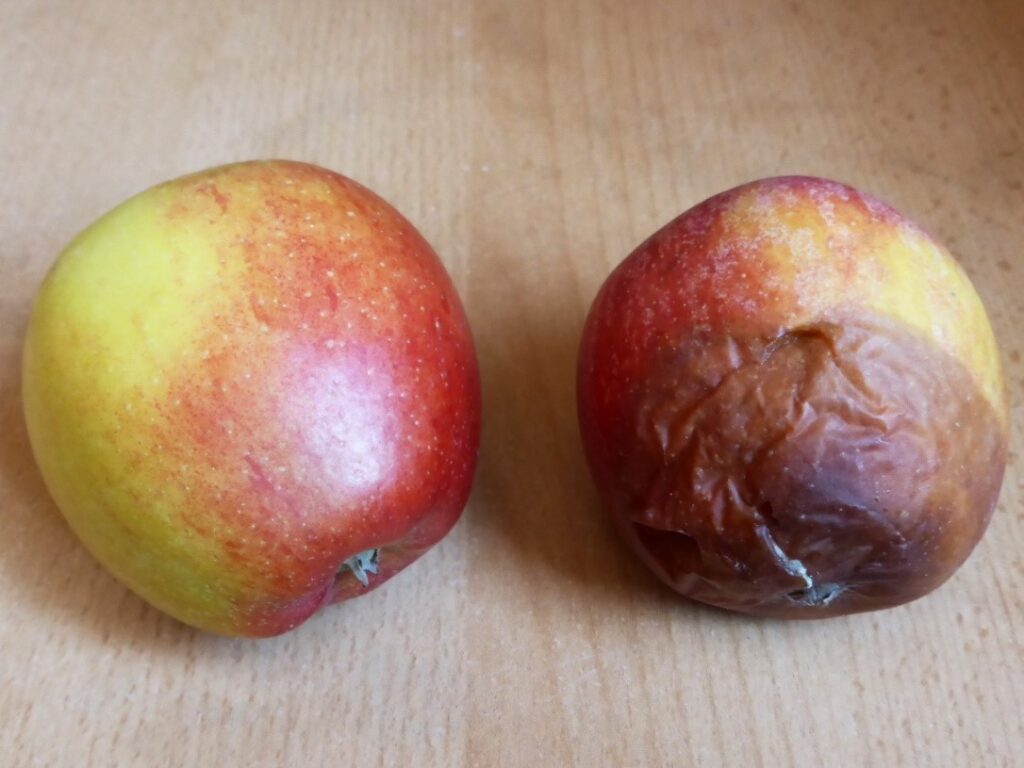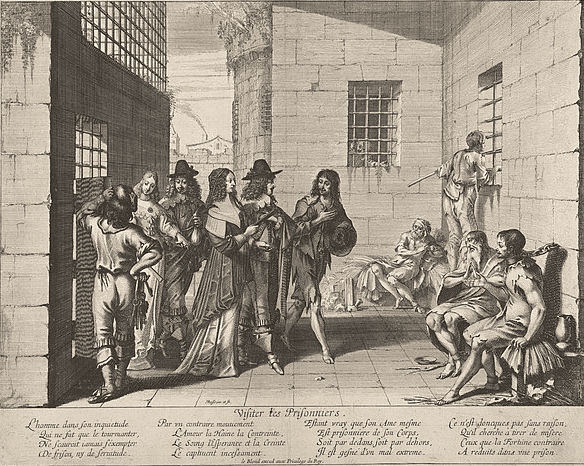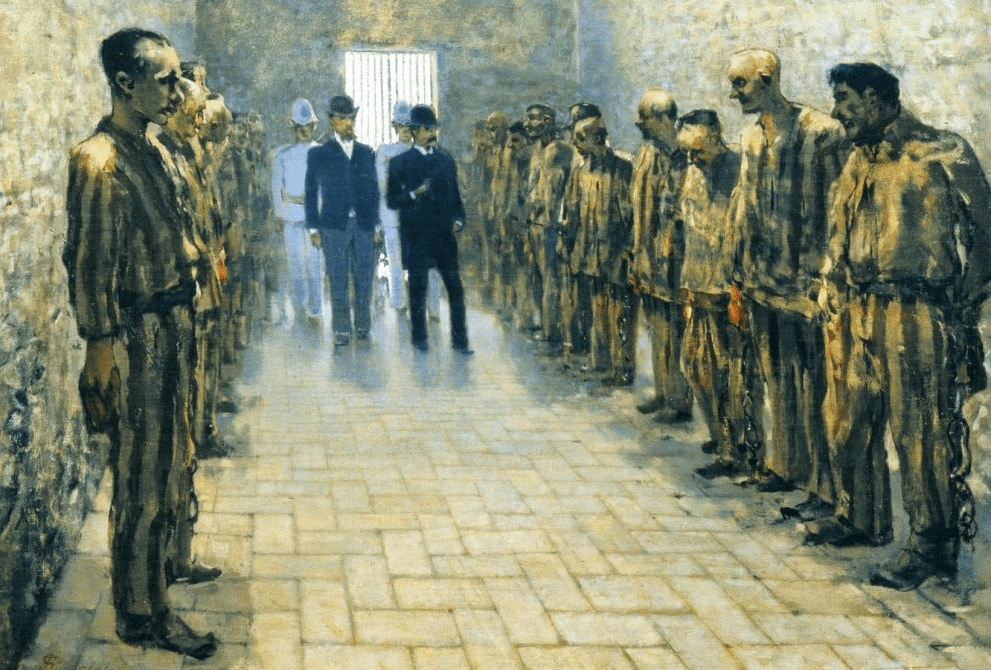Every Family Has One

Every family has one; a rebel, or a scoundrel . They smile at you from the family tree, hiding in plain sight and then one day you find the record they were hoping would stay forever hidden. The record that tells all, and their mistakes are once again on display before the world. One hundred and fifty years after the fact, the family is once again talking about them and speculating about their motives. “Why did he do that? That is a crime!” “How could she have done that? She had everything and was from such a good family!” If we could talk to them we could ask them. But alas, we have to let the records left behind in the aftermath of their ‘bêtise’ relate the details. And surprisingly, they often relate a lot of detail.
Where do you look when you think you might have a bad apple hanging on your tree? If you are doing French research here are a few collections that might be helpful.
FamilySearch: France, Convict Register, 1650-1867 [https://www.familysearch.org/search/collection/2843510]
This is an index of convict registers from prisons in France. The image of the record is not available, but the information provided in the index abstract can be quite detailed. While doing research on my husband’s line in France, François Joseph Martin was discovered in this database. He was born in Saint-Rambert-en-Bugey, Ain, France in 1755. Arrested and tried by the conseil supérieur of Port au Prince, Saint-Domingue (Haiti), he was sentence on 5 March 1777 to three years in prison. He was sent to the penal colony in Rochefort near Nantes, Loire-Atlantique, France and died just 4 months later on 16 July 1777.

The original record provided a physical description of François Joseph Martin, and this information was transcribed into the index. He was five feet five inches, with brown hair, an oval shaped face and a fleur-de-lys tattooed on his face. His parents’ names and his place of birth were also provided. He was just 22 years old when he died.[1] This index can be accessed through FamilySearch>Search Records>Find a Collection>France, Convict Register, 1650-1867.
Les Archives Nationales de l’Outre-mer (ANOM): Bagne (1852-1953). [http://anom.archivesnationales.culture.gouv.fr/bagnards_dossiers_individuels/ ]
Before diving into the convict collection held in France’s overseas archive, some explanation is helpful. France colonized many overseas places. There was New France in Canada which stretched from the eastern most part of Canada to the Great Lakes; Haiti, Martinique, Guadeloupe, and other islands in the Caribbean; Northern and Western Africa, and the South Pacific. The records of their colonial holding are held at ANOM. According to ANOM’s introduction to the Penal Colony (Bagne) database, “France sent more than 100,000 criminals to penal colonies between 1852 and 1953”.[2] The penal colonies of French Guiana and New Caledonia are probably the most well-known but there were others. Thus, we find a record collection in ANOM of convicts who committed crimes in France and were sent to overseas penal colonies.

The Bagne database is searched by name. If the person you are looking for is identified it provides a digital image of the original case file. The records are not transcribed or translated so you must be able to read French to be able to extract the information. The following partial transcription and translation of page 1 of the case file for Ennemond Escoffier illustrates some of the information it contained.
Escoffier, Ennemond, naturel son of Elizabeth Escoffier, father unknown, born 1836 in Saint-Hilaire-de-Creux, Latour du Pin, Isère, living in the same place, condemned in Grenoble the 31 May 1862 for breaking and entering into an inhabited home, theft, and violence, having left traces of injuries, and having committed two other thefts, condemned to forced labor for life.[3]
The prisoner files are rich in genealogical information often containing the names of both parents, the birthdate and birthplace of the convict. There are also interesting details, their physical description, previous convictions if there were any, and their profession before they began their life of crime.
France restricts access to the records of convicts. The records found in the Bagne database are for sentences pronounced more than a hundred years ago.
The records for women condemned to forced labor, or isolation were not kept. However, records for women who were deported or exiled were kept and can be found in the Bagne database.
To access this data base from the Les Archives Nationales de l’Outre-mer website navigate to the IREL search engine>archives en ligne>Bagne.
Filae: Condamnés au Bagne (1828-1918) [en.filae.com]
This searchable database is essentially the same as the ANOM database. Filae sites ANOM as its record source. The advantage with using Filae is that the search can be done in English and some of the information is extracted and translated in English. A search for Ennemond Escoffier located his case file, and his death date was extracted and included in the partial transcription. Digital images for Escoffier’s file were provided and were the same as on the ANOM website.
Filae has other convict collections under the rubric Archives Historiques, but they are of a political nature and not a criminal nature.
The Condamnés au Bagne collection can be accessed from the Filae homepage>Search for a Source>. The link to the Condamnés au Bagne (1828-1918) is found under the rubric Archives Historiques, Divers.
FamilySearch, Les Archives Nationales de l’Outre-mer (ANOM), and Filae all provide databases of convicts in France. They are indexed and easily searchable. FamilySearch’s France, Convict Register (1650-1867) is in English and contains information of genealogical value as well as details surrounding the convict’s crime and sentence. ANOM’s Bagne database is in French and includes images of the original case file for each convict. Both men and women are identified in the database. The convict’s case file contains information of genealogical value. Both of these resources are free. Filae’s Condamné au Bagne (1828-1918) database is based on the case files held in ANOM and you must have a paid subscription to access the database. The images of the original case files are also accessible. The advantage of Filae’s database is some of the information contained in the file is translated into English.
Happy hunting, and remember, every family has one. Our researchers at Price Genealogy can assist you with your French ancestral research, and, who knows, maybe we’ll find that your family has one of those people too!
By Christine
Pictures are in the Public Domain
- MartinThoma, CC0, via Wikimedia Commons
- Abraham Bosse, CC0, via Wikimedia Commons
- Telemaco Signorini, Public domain, via Wikimedia Commons
[1] “France, Convict Register, 1650-1867,” FamilySearch (https://www.familysearch.org : accessed 19 December 2023), Joseph Martin, condemned 5 March 1777.
[2] “Base de données des dossiers individuels de condamnés au bagne,” Introduction, Archives en Ligne, IREL, Archives nationales d’outre-mer (https://recherche-anom.culture.gouv.fr/ : accessed 19 December 2023), 100,000 convicts sent to penal colonies.
[3] “Base de données des dossiers individuels de condamnés au bagne,” Archives en Ligne, IREL, Archives nationales d’outre-mer (https://recherche-anom.culture.gouv.fr/ : accessed 19 December 2023), Ennemond Escoffier, condemned 31 May 1862.
